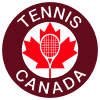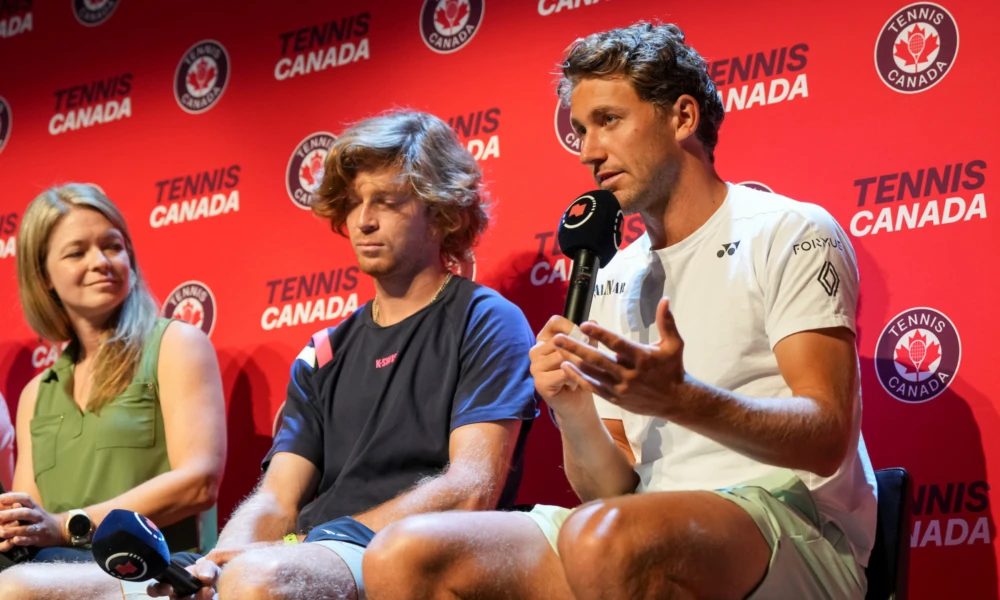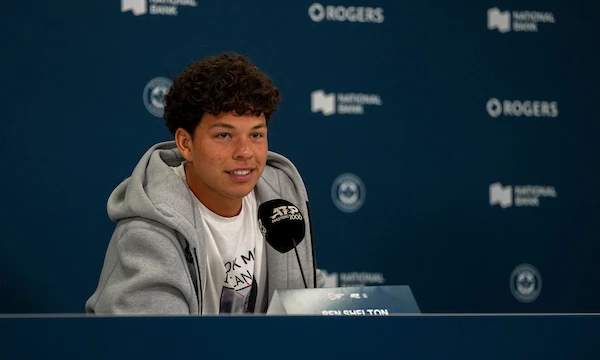Hello tennis fans and welcome to “Inside the Lines,” a column I’ll be writing for the National Bank Open presented by Rogers each week that features news and story lines from the world of men’s tennis.
Some tennis players are defined by what they did or did not accomplish during their professional careers. MaliVai Washington played tennis during arguably the strongest era ever for American men’s tennis and achieved an impressive list of accolades on the court but has proceeded to have an even greater impact since he hung up his racquet in 1999.
We caught-up with the 1996 Wimbledon finalist on this week’s episode of Match Point Canada and it was a very rewarding conversation. The positivity Washington carries with him day-in and day-out was evident throughout the conversation and left both Ben Lewis and myself feeling inspired by his message. I wanted to share some thoughts with you about this special individual this week on Inside The Lines.
Since his playing days ended, Washington has been involved in many tennis and non-tennis related initiatives. He’s understandably proud of the MaliVai Washington Youth Foundation that he started 26 years ago, which is an after school and summer program for kids in Jacksonville’s urban core that helps promote the importance of education and life skills. Washington’s altruism really shines through when he speaks about his reasons for giving back to his community.
“It’s me not feeling the responsibility as an athlete but just feeling the responsibility as a citizen of my community to try to do something. For me, working with kids is something I’m passionate about whether it’s getting on the tennis court or just talking with them or engaging with them. I’m a big believer in exposing kids to different experiences and leading by example.”
Of course, Washington is also proud of what he achieved during his tennis career that ended prematurely after a knee injury that he sustained during the Davis Cup in 1997 in a particularly grueling match against a young up-and-coming Gustavo Kuerten. He admitted that he had not heard much about the Brazilian talent prior to the match but was hugely impressed when just a few months later Guga won the first of his three career titles at Roland Garros.
Washington also carries positive memories of his first ever ATP title in Memphis, representing the United States both at the Olympic Games in Atlanta in 1996 as well as three times in Davis Cup competition, and of course in his memorable two weeks at Wimbledon in 1996 where he made the finals before falling to Richard Krajicek.
“It’s one of those things throughout the course of the year you probably win one or two matches that you should have lost and you probably lose a couple of matches that you should have won, and for me for whatever reason, things aligned and someone was looking out for me and I got through. That was very special, one of those moments that you dream about as a kid but you don’t ever know if you’re going to get there.”
While I was quick to bring-up that impressive fortnight early in our chat, Washington says he usually gets asked more so about the streaker that ran across the court just prior to the championship match!
“Here’s the thing, I never get asked about the Wimbledon run, I don’t. I get asked about the streaker who ran naked across the court right before the Wimbledon run. No one wants to hear about the actual match, they just want to hear what happened to the streaker!”
All kidding aside, Washington put together the kind of career that most professional tennis players can only dream about. In any other Era he would have probably been recognized for his achievements even more but by his own admission he was consistently playing alongside some of the greatest American male tennis players ever including Pete Sampras, Andre Agassi, Jim Courier and Michael Chang.
I asked him who he considered as the toughest tennis players he had to face during his career and he didn’t hesitate to name fellow Americans Sampras and Chang.
“I never had a lot of success against Sampras. I remember I was talking to a group of kids at a high school once and they had asked that question, and I was like, ‘well probably Sampras, I’m 0-6 against him.’ A kid stood up and said excuse me sir, it’s actually 0-7!”
In terms of his results here in Canada, Washington had some solid runs at the National Bank Open in both Montreal and Toronto. He made the semifinals in 1992 losing to Andre Agassi in a three setter, the quarter-finals in 1994 losing to Wayne Ferreira and again he made the final eight in Montreal in 1995 losing to Agassi once more as the legend was in the midst of playing some of the best tennis of his career.
Washington never was able to replicate the success he had at the Grand Slam level at Wimbledon in 1996, as his knee could not recover from his Davis Cup duel vs Kuerten the following year. He attempted to play in both 1998 and briefly in 1999 but realized he would never again be able to compete and train at the level required to stay at the top of the sport.
Off the court, Washington continues to inspire kids to give the sport a try while simultaneously prioritizing their education. As Black History Month recently ended, I asked him if he felt any particular sense of influence on the next generation of youth to pick up a tennis racquet and in particular those from within the Black Community who look up to him as a role model they can aspire to be like.
“For me to be (talking with you) and to be recognized during February for the things I was able to do in the sport of tennis is great. I hope that somehow, someway, I can provide a little spark or a little bit of inspiration to other athletes or other young boys and girls in or out of the world of tennis.”
I certainly felt a spark while talking with MaliVai Washington and can easily see why he has had such a positive influence on those around him. He was a solid tennis player and he’s an even more solid individual.
Hope you enjoyed this week’s post and I look forward to connecting again next week with a look at the importance of Indian Wells and some of the early action from tennis’ so -called fifth Slam!








